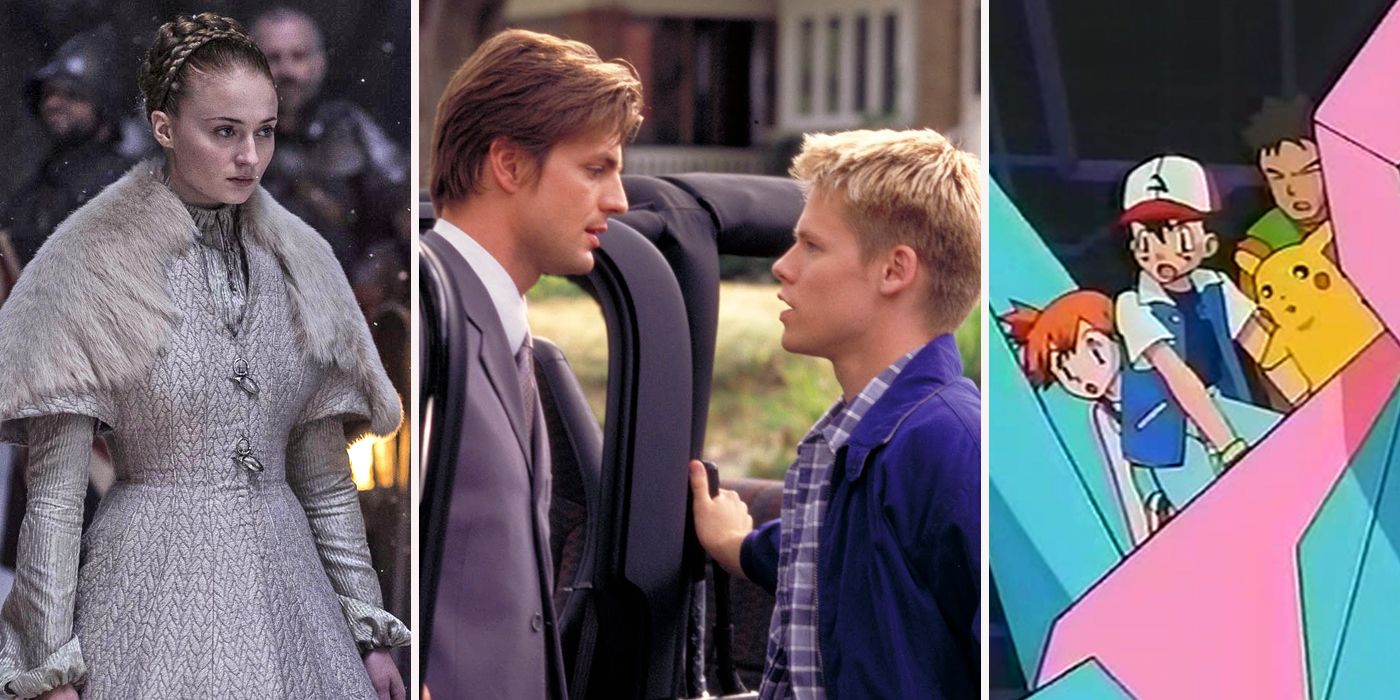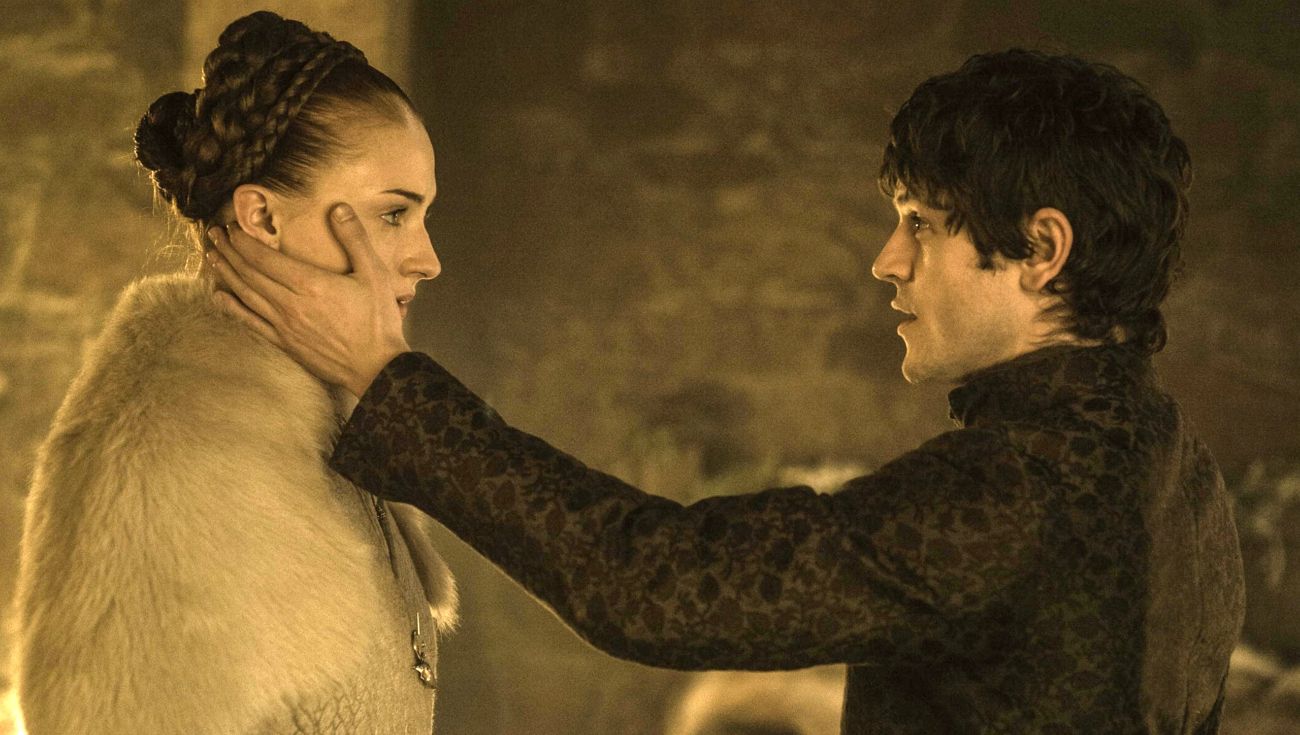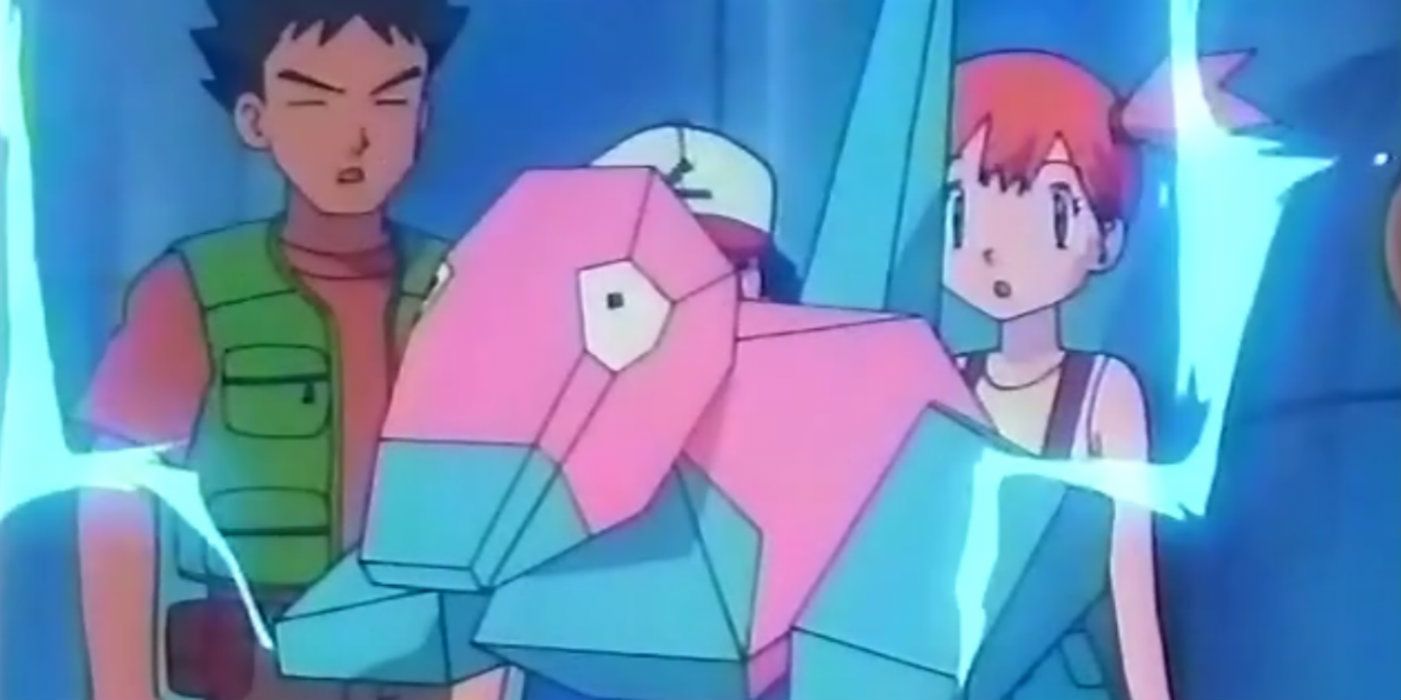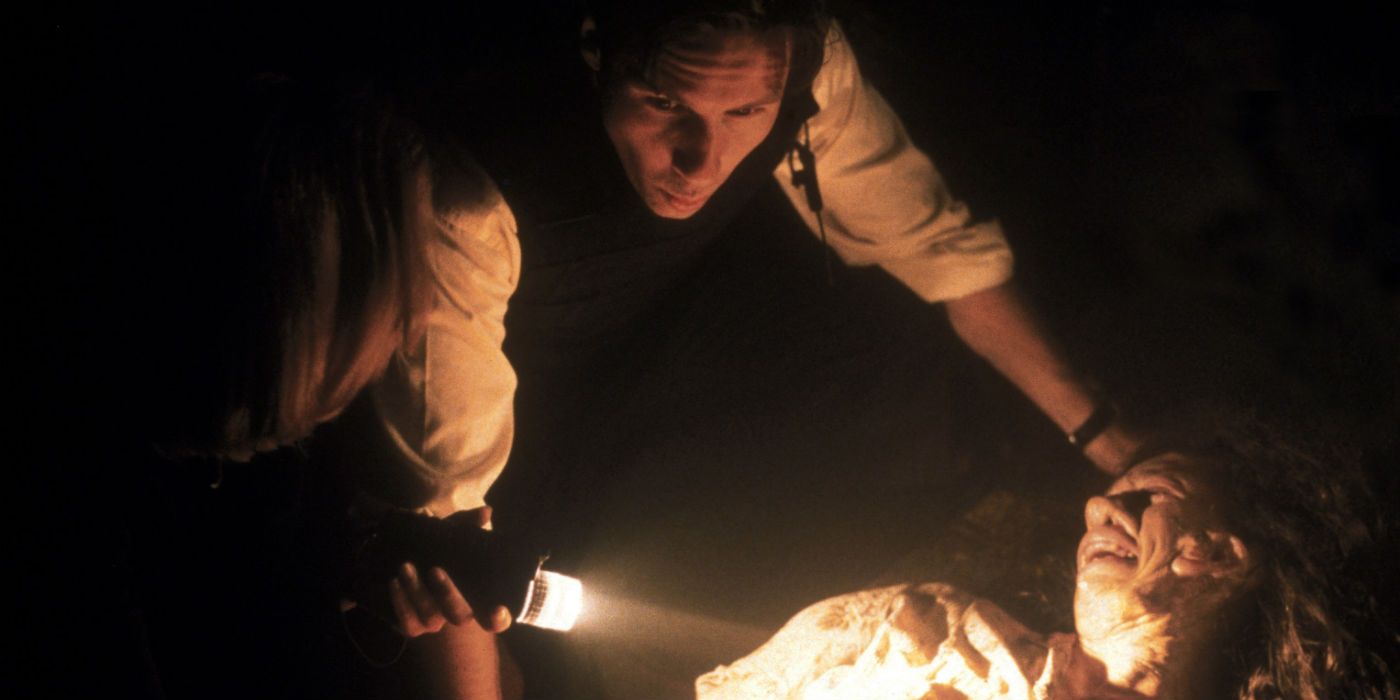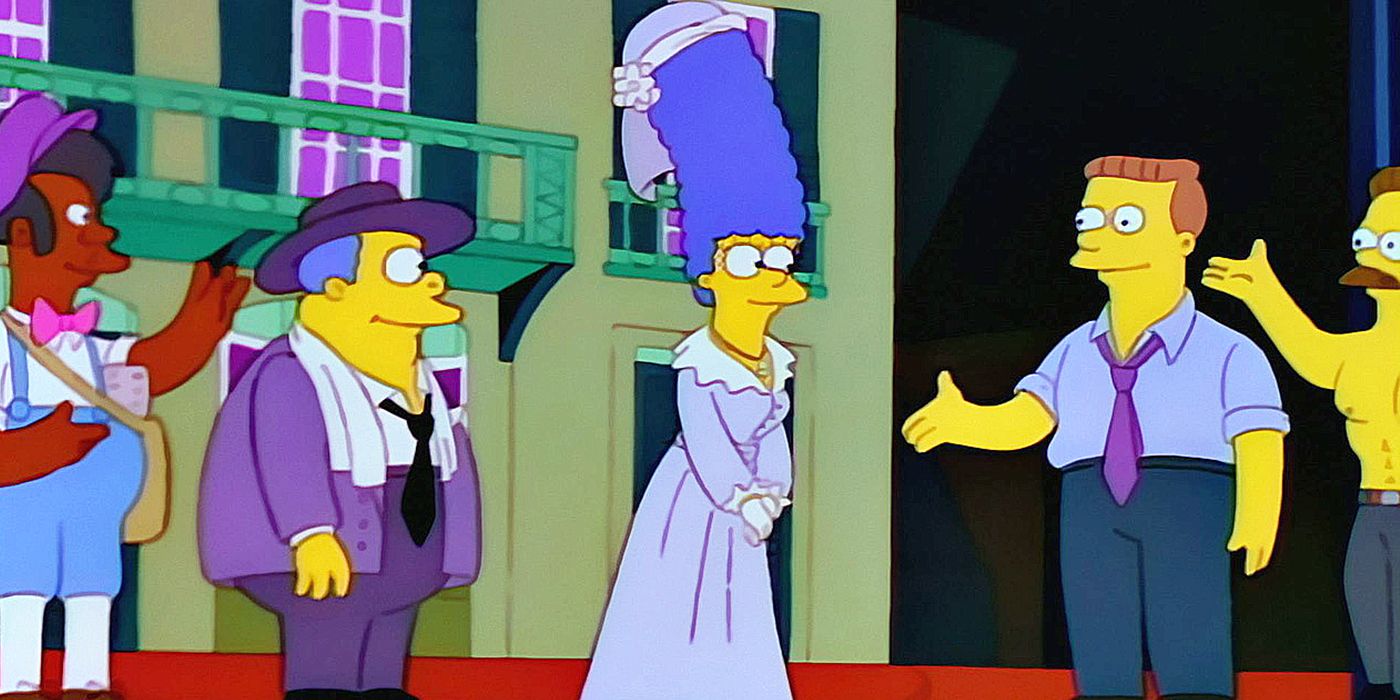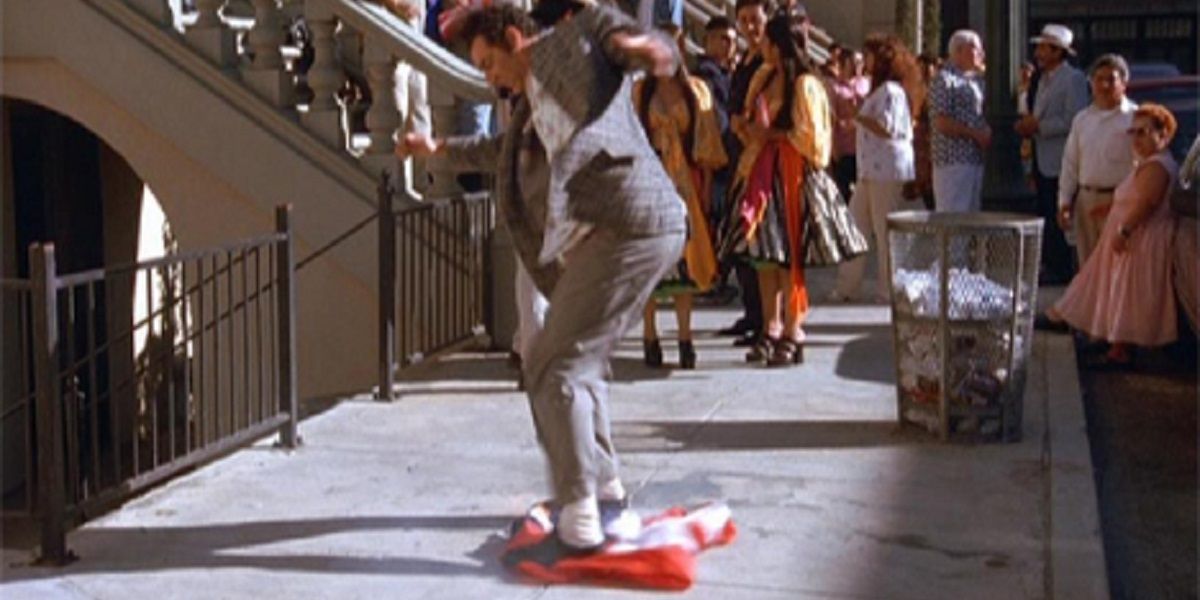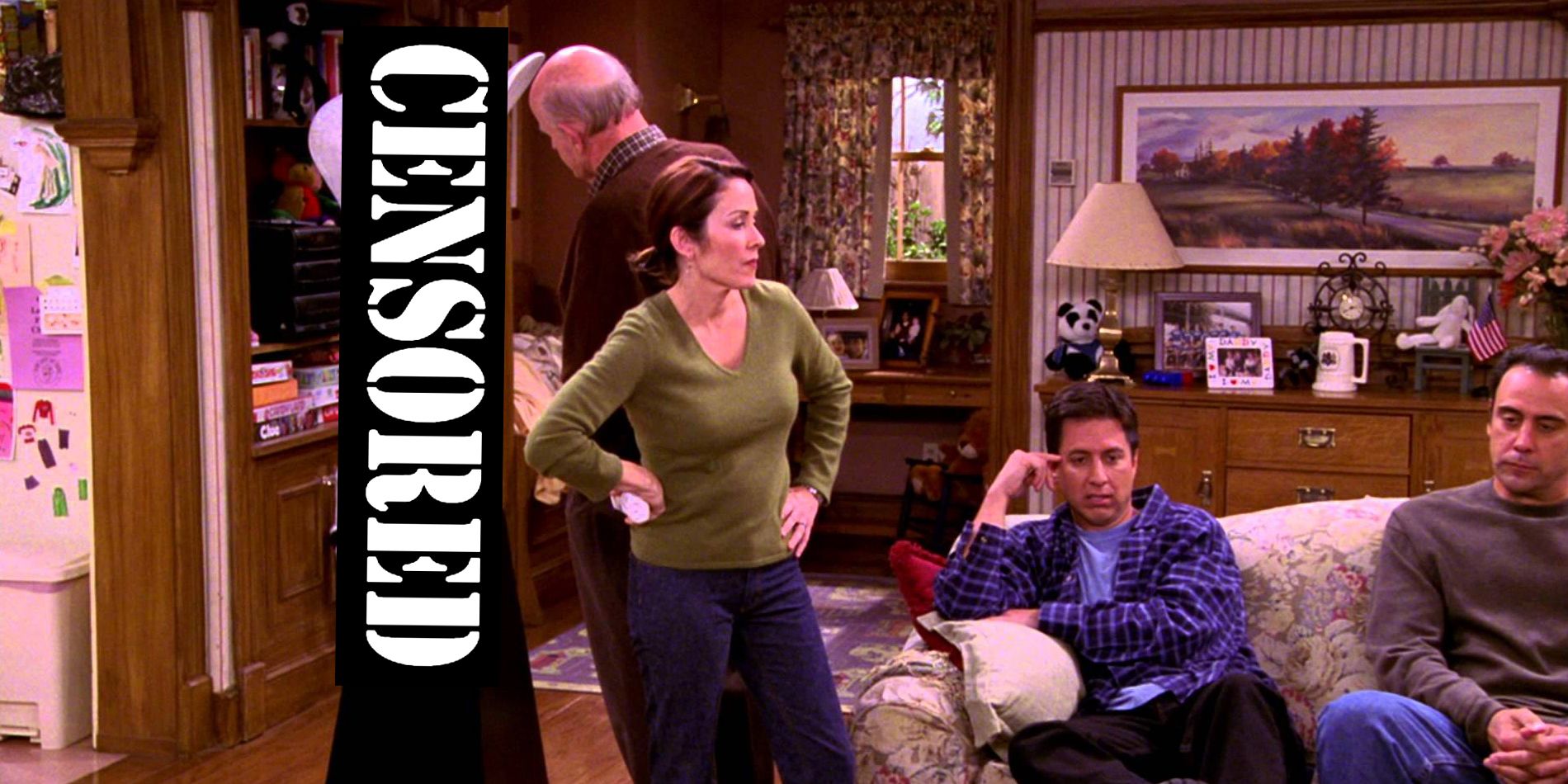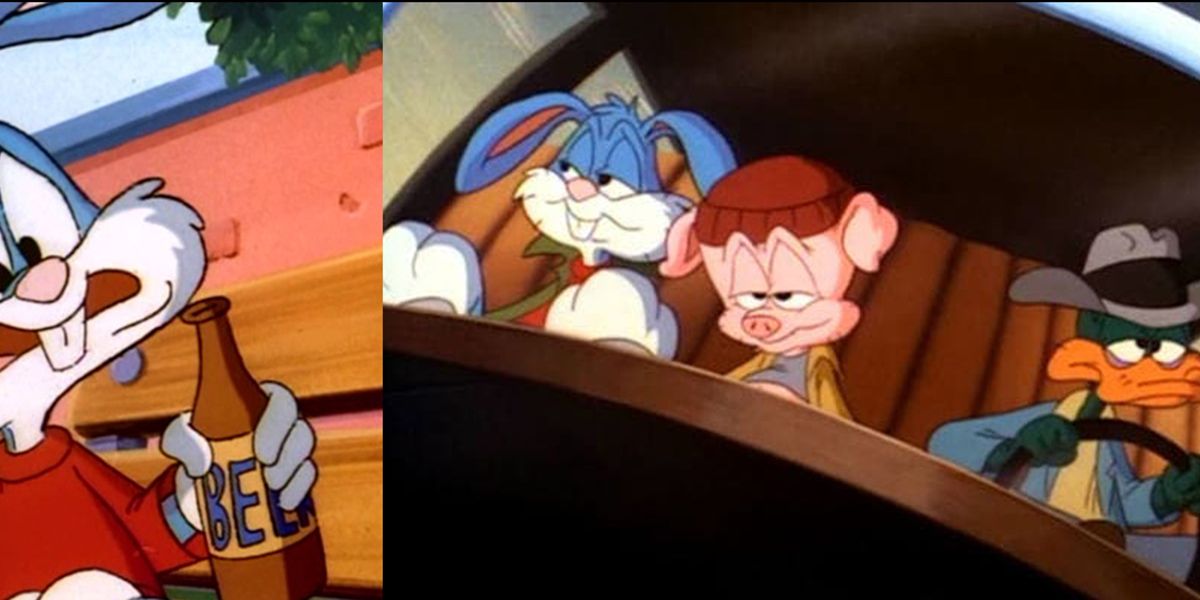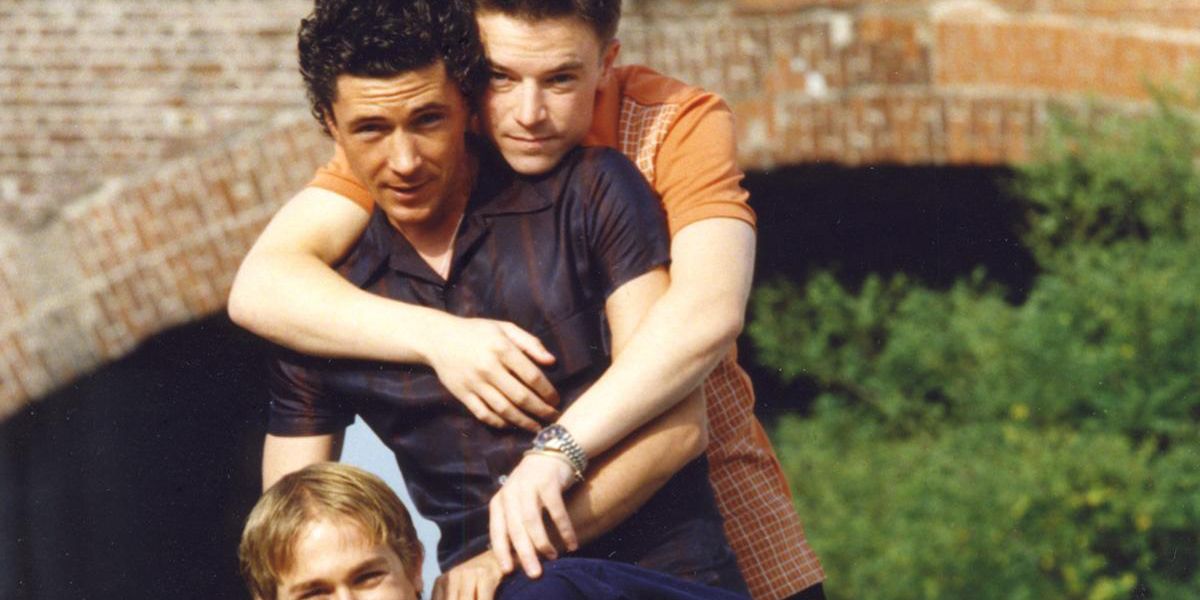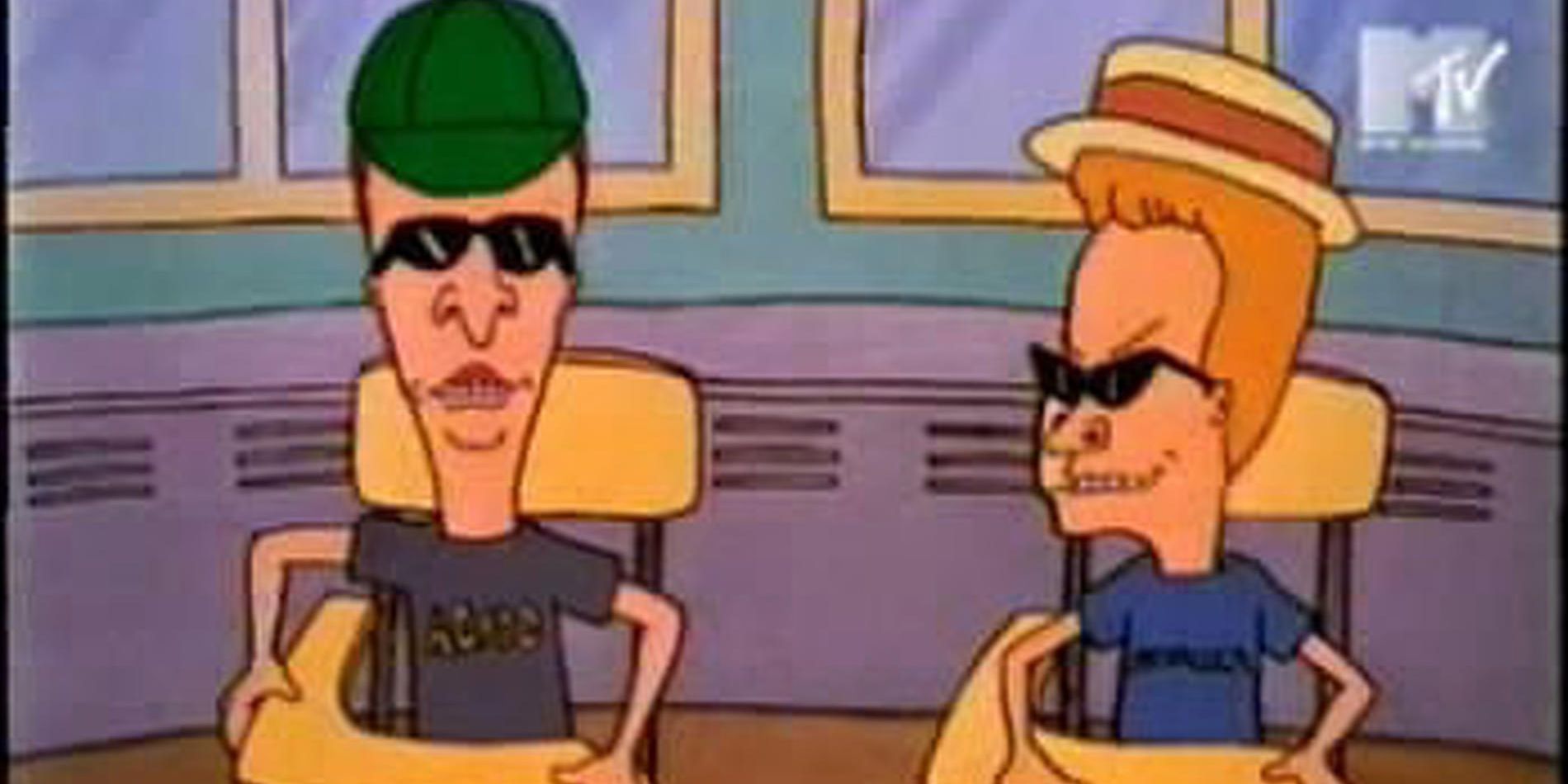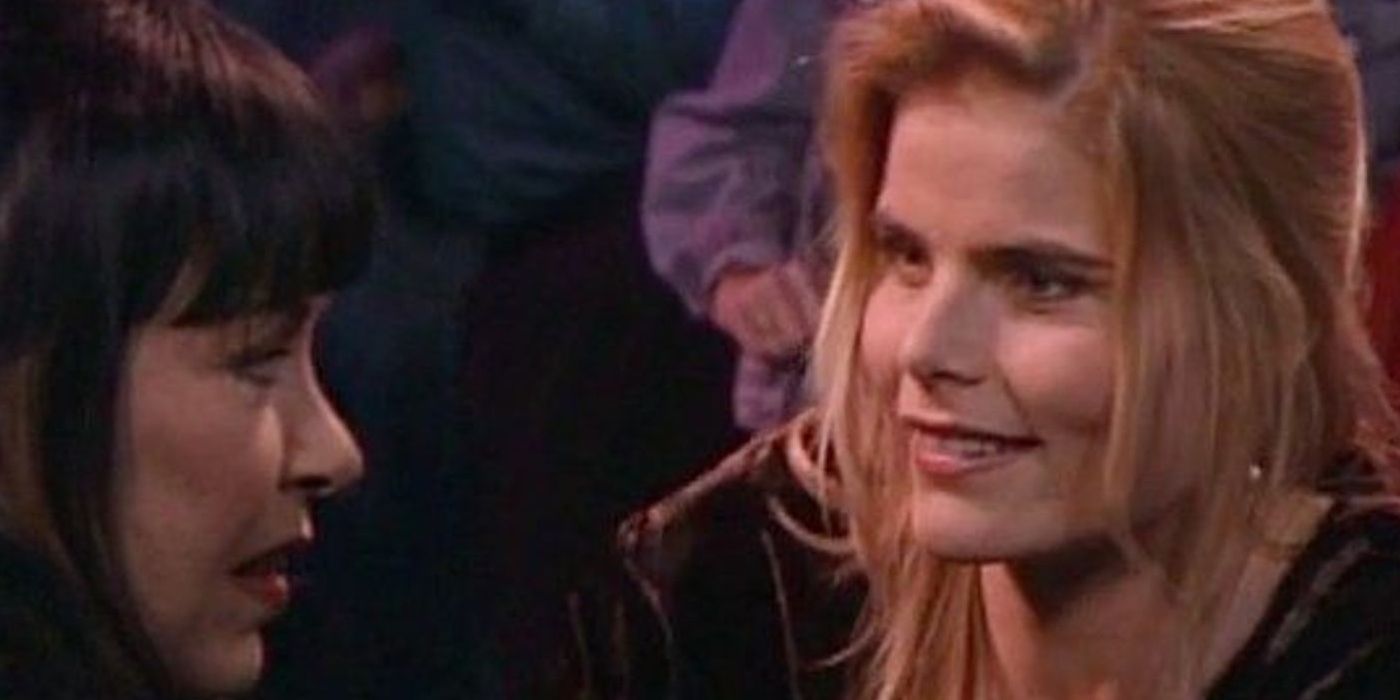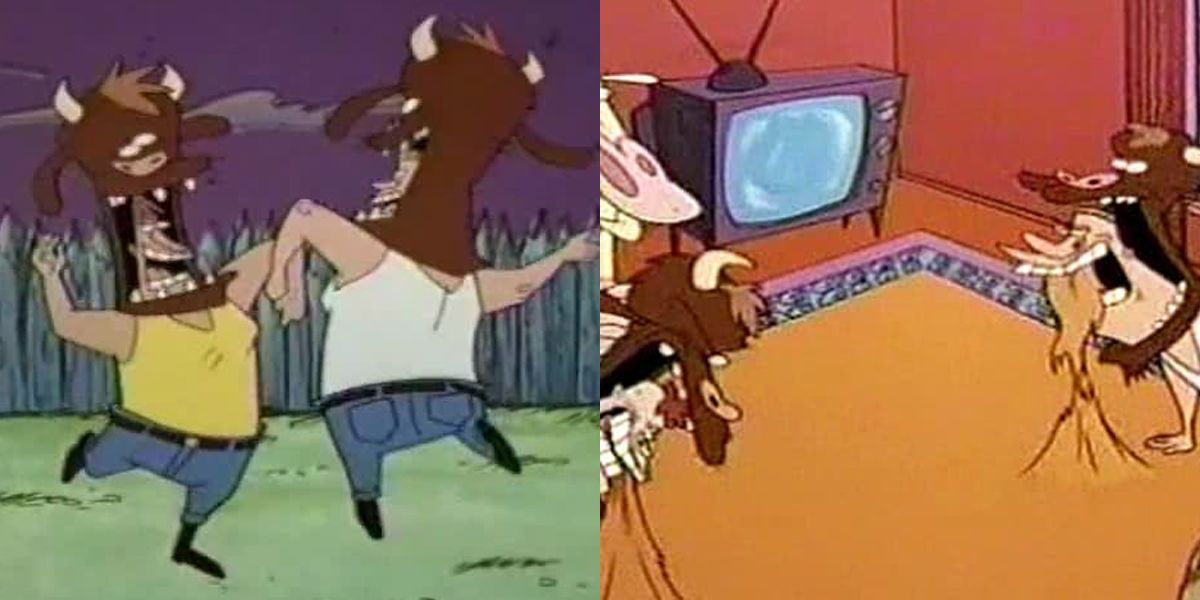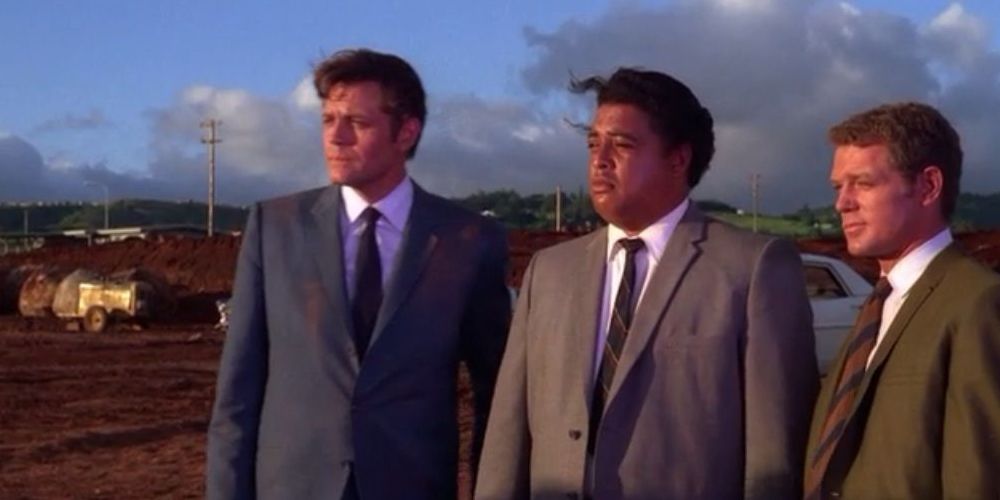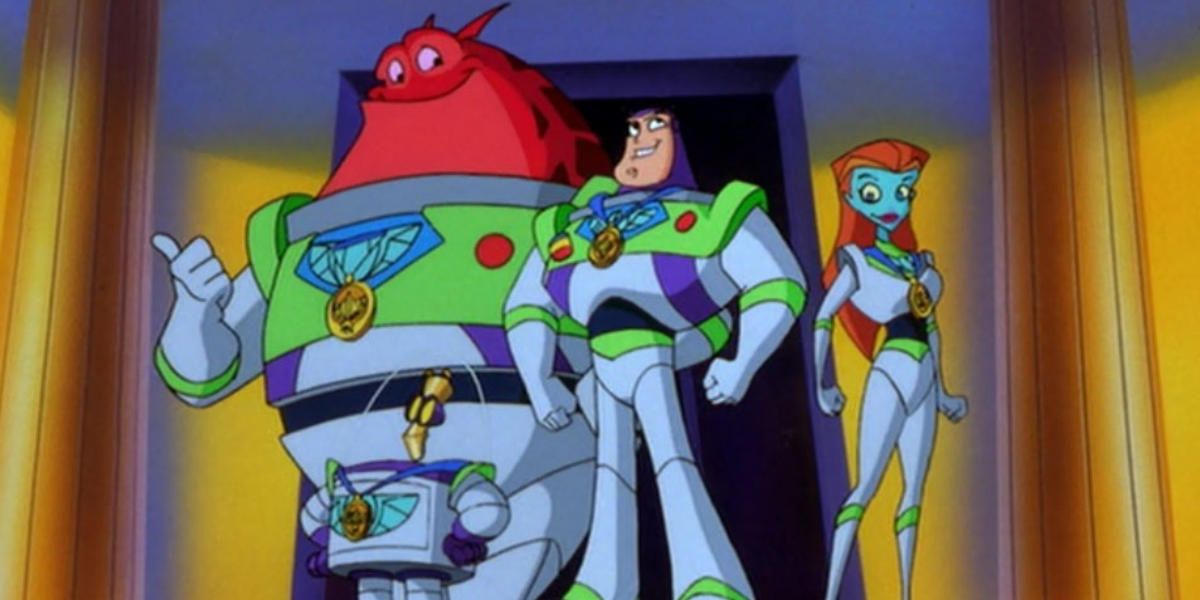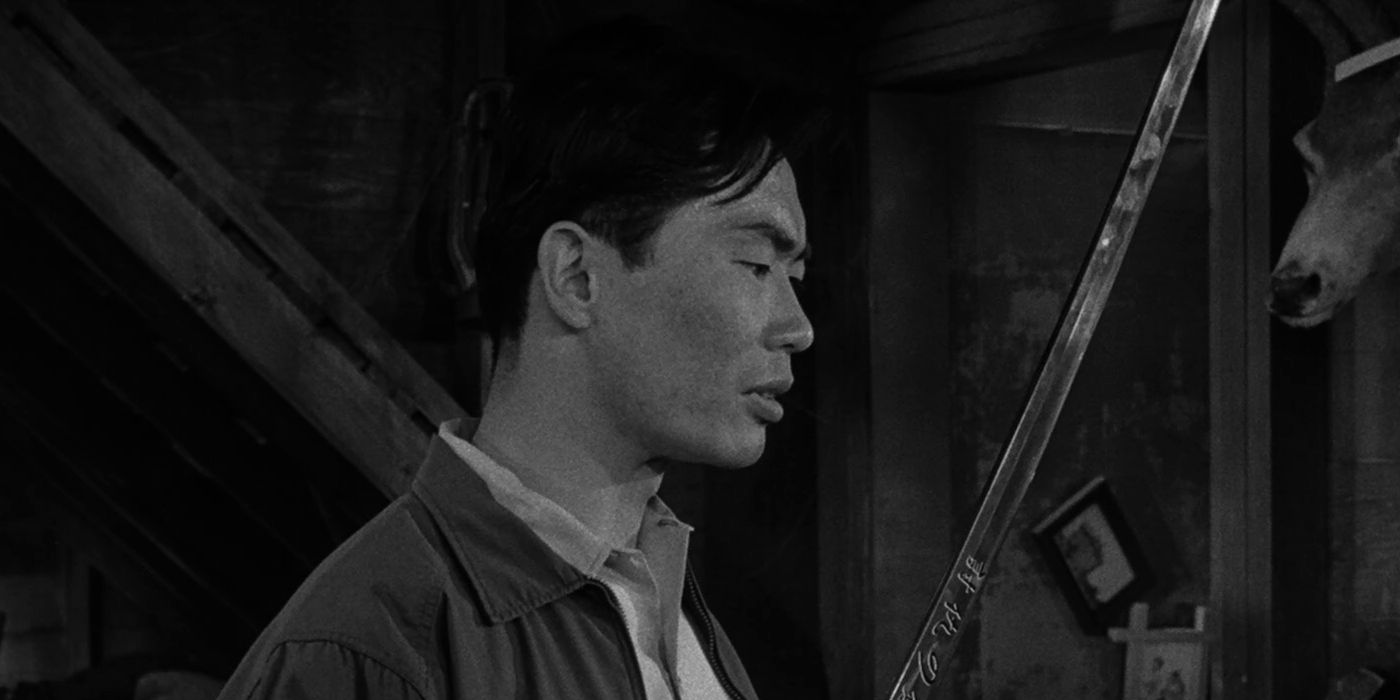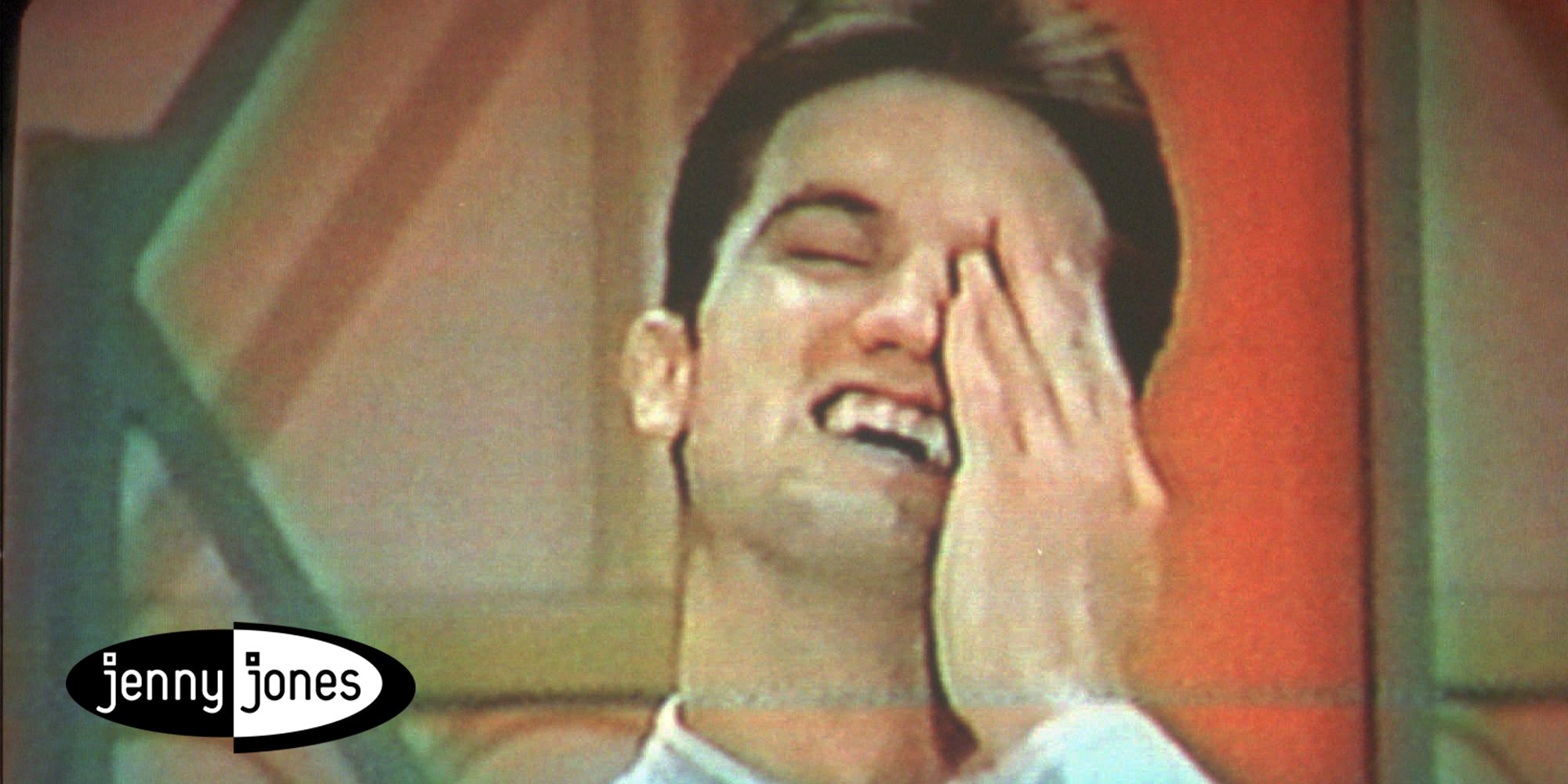The television industry has often been far more strict than other entertainment industries when it comes to censorship and content control. This is because it is being beamed into everyone's homes for free at all times, unlike the other forms of media that you need to buy.
As such, the owners of the networks that appear on free television are deathly afraid of litigation, which means that they strictly enforce control over the content that appears on their channels.
There have been times when the networks have gotten lax and allowed the controversial material to appear on TV. This has led to a vocal backlash from interest groups and parents alike, who believe that the minds of the innocent should be protected at all times from the horrors that may appear on the screen.
We are here today to look at the most controversial episodes of television shows that have ever been filmed.
From the episode of Game of Thrones that incited an Internet backlash to the talk show segment that led to murder, here are the 15 Most Controversial TV Episodes Of All Time!
Game of Thrones – Unbowed, Unbent, Unbroken
The writers of Game of Thrones ran into the issue of their being different amounts of story for each character. Bran, for example, has a lot less screen time in the books than Jon Snow. This quickly became an issue with Sansa, as she has had very little material since the end of the third book.
In order to keep Sansa in the story, the writers of Game of Thrones decided to put her in the role of Jeyne Poole from the books. Jeyne is a girl who the Lannisters are passing off as Arya Stark and is married off to Ramsay in order to help seal the Bolton's control of the North. Ramsay brutalizes Jeyne in the books, while Theon is forced to watch. This was reflected in the show by Ramsay assaulting Sansa on their wedding night.
This scene caused a huge backlash among fans of the show, with several websites outright boycotting Game of Thrones completely. It would seem as if the creators of Game of Thrones have taken this criticism to heart, as no similar scenes of assault have been featured since.
Pokémon - Electric Soldier Porygon
Pokémon is one of Nintendo's biggest franchises. It started out as two games released on a dying handheld system and it exploded into a multimedia empire that spanned books, cartoons, movies, and even record albums. Pokémon was influential in bringing anime into the mainstream which helped to influence culture in ways that are still felt to this day.
The world was almost robbed of Pokémon thanks to a single episode of the anime that nearly destroyed the franchise.
The 38th episode of the Pokémon anime was called "Electric Soldier Porygon". It featured a scene of flashing red and blue images that caused kids in Japan to suffer from epileptic seizures. This incident caused a backlash against the series and forced it into a four-month hiatus.
Pokémon eventually returned to TV screens, though the show was edited to tone down all of its lighting effects. Porygon (and its evolutionary forms) have never reappeared in the anime.
The X-Files - Home
The X-Files frequently featured disturbing imagery in their episodes. This would occasionally lead to episodes featuring viewer discretion notices at the start. One example of this was "The Calusari" as the opening scene featured a young boy being killed when struck by a train at an amusement park, in what may have been the darkest scene in the whole of The X-Files' run.
Fox actually banned an episode of The X-Files after its initial broadcast, due to the horrific nature of its content and visuals. "Home" featured the corpse of a deformed baby being discovered buried in a baseball field. This leads to Mulder & Scully being put on the case, where they encounter a family of incestuous mutants, who have been inbreeding for years.
"Home" would later be included in the home releases of The X-Files and would reappear in syndication. There is no doubt that "Home" is the most disturbing episode of The X-Files ever produced.
The Simpsons – A Streetcar Named Marge
The Simpsons might currently be a shadow of its former self, but there was a time when the show was highly controversial. This was because it often satirized the other big TV shows of the day, which tried to reflect what people think American life should be like. The Simpsons proved how out of touch these shows were with reality, which led to them getting in trouble on many occasions.
One of the earliest incidents that caused The Simpsons to get in trouble involved an episode called "A Streetcar Named Marge". This episode featured a musical version of A Streetcar Named Desire, with Marge starring as Blanche DuBois.
The opening number of the musical was a song called "New Orleans" which featured lyrics that offended the people from New Orleans. The song described New Orleans as stinking of vomit, being filled with drunks, and compared it to Hell itself.
The backlash from the people of New Orleans was so vocal that the president of Fox issued a public apology. The writers of The Simpsons weren't so easily swayed, as they rushed out a chalkboard gag referencing the incident for the next episode.
Seinfeld - The Puerto Rican Day
Seinfeld wasn't seen as particularly controversial upon its release. How could a show about nothing be offensive to anyone? This has changed in retrospect, as some of the plots of the Seinfeld episodes featured subjects like trying to convert a gay man and Jerry trying to knock out his girlfriend so that he can play with her toy collection. Seinfeld is now criticised by a new audience who look at it with modern sensibilities.
The most controversial episode of Seinfeld while the show was still being broadcast was "The Puerto Rican Day". This is because it involves Kramer stamping on the flag of Puerto Rico. When angry parade-goers attack Jerry's car, Kramer mentions that "It's like this every day in Puerto Rico."
After the episode was first broadcast, it incited protests outside of NBC's main building in New York City, which prompted them to publicly apologize and pull it from repeats.
Everybody Loves Raymond – Marie’s Sculpture
The UK generally has the opposite rules to America when it comes to the times when you can show potentially offensive material. The UK is far stricter when it comes to the content that can be shown during the daytime, to the point where many episodes of The Simpsons were censored when shown for the first time.
The rules are far looser in the evening, to the point where UK TV channels could show HBO shows (like The Sopranos) uncensored on free television.
One show that drew the ire of the British TV networks was Everybody Loves Raymond. There was an episode in the sixth season of the show called "Marie's Sculpture", which featured a large statue in the shape of the reproductive female organ. The titular sculpture appeared throughout the episode, which meant that it couldn't be censored.
Everybody Loves Raymond is generally run during a daytime slot in the UK. This means "Marie's Sculpture" has almost never been repeated, as the network won't show this episode before 9 p.m.
Tiny Toon Adventures - Elephant Issues
Kids shows are generally not allowed to show characters consuming alcohol except in the context of "special episodes" which talk about the dangers of underage drinking.
An episode of Tiny Toon Adventures was banned for years due to one of its segments doing a lampoon of preachy TV shows that talk about underage drinking. The problem Tiny Toons ran into was that it went a little too far.
The episode called "Elephant Issues" had a segment called "One Beer" where Buster Bunny finds an unopened beer in his fridge and offers to drink it with Hamton J. Pig and Plucky Duck. The three of them get drunk and instantly turn into winos.
This leads to them stealing a police car and driving it off a cliff, like some sort of cartoonish game of Grand Theft Auto. The episode ends with the reveal that it was all a show and that the characters weren't harmed, but the events leading up to it were portrayed a little too real for the network. The ban wasn't lifted until 2013.
Queer As Folk - Episode 1
The original series of Queer as Folk was intended to show a frank and honest depiction of the gay lifestyle in the city of Manchester in England. The creators wanted to cause as much of a stir as possible when the first episode was broadcast, in order to get as much publicity for Queer as Folk as possible. This tactic worked, but it came with a huge backlash that threatened to get the show kicked off the air.
The first episode of Queer as Folk featured explicit scenes between two gay characters, one of whom was meant to be fifteen years old, which meant that he was below the age of consent. The tabloids quickly called for Queer as Folk to be censored, if not banned outright, which was a sentiment mirrored by morality campaigners across the country.
The controversial scenes would become relevant again in recent years, as one of the participants went on to play Jax in Sons of Anarchy, while the other went on to play Littlefinger in Game of Thrones.
Beavis And Butt-Head – Incognito
Beavis and Butt-Head was a highly controversial show for its time, which is why several episodes were banned while it was still on the air. The show had all references to fire removed after an incident in 1993 when a child burned down his house while mimicking the cartoon, which resulted in the death of his sister. Mike Judge has long refuted the claim that the show was involved in the incident.
One of the most infamous Beavis and Butt-Head episodes that were ever banned was called "Incognito". This is due to the fact that the episode features gun violence taking place within a school.
A classmate of Beavis and Butt-Head's named Earl carries a pistol while in class. The duo take on fake identities in order to avoid incurring his wrath. A shot is later fired into their classroom from the outside by an unknown individual, which causes Earl to run up to the window and fire warning shots into the sky.
It didn't take long for "Incognito" to be banned by MTV and it was never released on VHS.
Roseanne - Don't Ask, Don't Tell
It's up to each viewer to decide whether Roseanne was actually funny or not, but there is no denying that the show was groundbreaking in terms of its depiction of social issues.
Roseanne was one of the first shows on American television to deal with subjects like domestic violence, drug use, and discussing abortion. Roseanne Barr should be commended for fighting the network in order to get these episodes made.
"Don't Ask, Don't Tell" was the most controversial episode of the show, or at least it was from ABC's perspective, as they threatened not to air it. The story of the episode featured Roseanne going to a gay bar with her friend Nancy. This culminated in one of Nancy's friends kissing Roseanne.
ABC threatened to pull the plug on the episode, as they felt that sponsors would abandon the show in protest. Roseanne Barr threatened to take her show to another network if they didn't run the episode, so ABC relented. "Don't Ask, Don't Tell" did indeed receive the expected complaints and some of the sponsors pulled their commercials from the show.
Cow And Chicken - Buffalo Gals
It must be hard to work in the saccharine world of kids cartoons on a full-time basis. This is why a lot of cartoons featured subtle adult jokes that would go over the heads of the children watching the show. Cartoons like Animaniacs and Rocko's Modern Life were notorious for these kinds of rude jokes.
Cow and Chicken weren't subtle enough it seems, as one of the episodes of the show has only ever been shown once. "Buffalo Gals" has been banned since 1998 due to its stereotypical depiction of lesbians.
"Buffalo Gals" featured a group of female bikers who break into people's homes and munch on the carpet. The Buffalo Gals were depicted as butch women with short hair who sang the titular song to each other. Cow goes off to join the gang, which involves a baseball game full of not-so-subtle references to catching and pitching.
Hawaii Five-O - Bored, She Hung Herself
One of the biggest concerns when creating a movie or a TV show is whether the content will inspire copycat behavior. This was the reason why Stanley Kubrick had A Clockwork Orange banned in the UK until his death.
Even a show like Naruto was accused of this when a young boy died while mimicking Gaara's sand techniques. These kinds of stunts can lead to episodes being banned, as was the case with Beavis and Butt-Head.
The original version of Hawaii Five-O also had an audience member die while mimicking an event from one of its episodes. The episode called "Bored, She Hung Herself" featured a woman hanging herself while attempting a yoga technique. This episode was only ever broadcast once and it has never been included in any home release of the series.
The reason "Bored, She Hung Herself" was banned was because someone died while mimicking the yoga technique in real life. The only way to see this episode is through a few poor quality copies that have leaked online.
Buzz Lightyear Of Star Command - Super Nova
George Bush's involvement in the war on drugs helped to extend it to the media. This led to a lot of kids shows creating episodes that dealt with the horrors of drug addiction, which remained even after Bush left office. These episodes ranged from the sincere (like The Fresh Prince of Bel-Air) to the laughable (like Jessie's caffeine pill addiction in Saved by the Bell.)
Buzz Lightyear of Star Command attempted to create an episode with an anti-drug theme, though it was interpreted as a science fiction story. "Super Nova" involved Princess Mira using her intangibility powers to switch off a reactor, which caused her to absorb its energy. This energy acted similarly to a euphoric drug, which caused her to go through symptoms that were similar to withdrawals.
Toon Disney refused to show "Super Nova" when they picked up Buzz Lightyear of Star Command, as they felt the depiction of drug use was too realistic.
The Twilight Zone - The Encounter
It's not unusual for an episode to be perceived as controversial when it is first broadcast, only for it to be aired later when tensions have cooled down. This is the case for most of the entries on this list, as changing sensibilities can lead to controversial material becoming tame over time.
One episode of The Twilight Zone was considered to be so offensive that over fifty years passed before it was allowed to be broadcast again.
"The Encounter" features a young Japanese-American (played by George Takei) who discovers that his employer fought in World War II and took a katana from one of his enemies. A supernatural element within the sword causes both men to fight, leading to their death.
"The Encounter" was first broadcast in 1964. It instantly drew complaints from the Japanese-American community due to its perceived racial overtones and the revelation that Takei's character had a father who betrayed his country to the Japanese at Pearl Harbor. "The Encounter" would not be broadcast again until 2016.
The Jenny Jones Show - "Same Sex Secret Crushes"
Talk shows were huge throughout the '90s, though they were often accused of being secretly staged in order to make things as entertaining as possible. The Jerry Springer Show was a popular target for tabloid jabs about the legitimacy of its guests.
The critics were silenced in 1995 when an incident on The Jenny Jones Show led to one guest harming another.
The Jenny Jones Show produced a segment called "Same Sex Secret Crushes" that featured people telling work colleagues of the same gender that they were attracted to them. Jonathan Schmitz was invited onto the show and was unaware of the true nature of the segment.
He met a work friend named Scott Amedure, who admitted that he was attracted to Schmitz. Three days after the taping, Schmitz killed Amedure in his home, before calling the police and admitting to the crime.
The "Same Sex Secret Crushes" segment was never officially broadcast, though most of it was shown on an HBO documentary about the murder. The entire segment has since leaked online. Jonathon Schmitz was recently released from prison, after serving a twenty-two-year sentence.
---
Can you think of any other controversial TV show episodes that we missed? Let us know in the comments!

